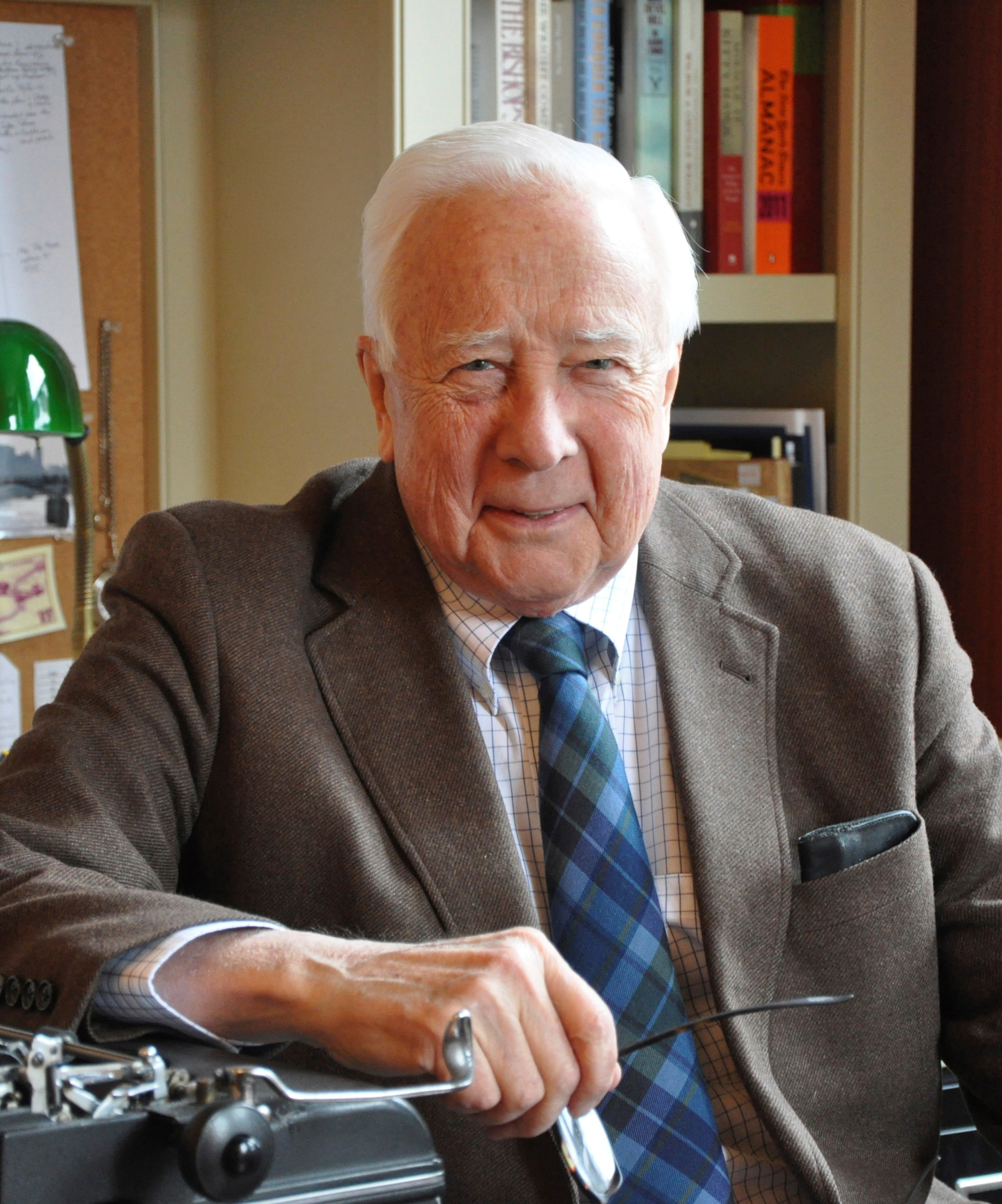Before diving into my impressions of Truman, I feel compelled to honor the man who brought this "accidental president" to life—David McCullough, one of America's most beloved historians. A 60 Minutes Rewind interview from June 2013, where Morley Safer sat down with McCullough, gave me a deeper appreciation for his work and mission. McCullough devoted his life to narrating the American story with clarity, depth, and warmth, transforming historical events into compelling human dramas. In the interview, he expressed concern about the country’s growing disconnect from its past, recalling a moment when a bright college student admitted she hadn’t realized the original thirteen colonies were located on the East Coast. “We are raising young people who are, by and large, historically illiterate,” he said. That comment has lingered with me, not just as a criticism, but as a call to action. McCullough believed that history should never feel like a chore to read. His goal was to make it come alive—and he succeeded.
From a young age, David McCullough was drawn to the stories of historical figures—not just the dates and events, but the people behind them. One story that stuck with him came from his father, who had once declared that electing Harry Truman would be the country’s downfall. It was a common sentiment at the time—Truman was seen by many as an accidental president, lacking the polish or pedigree of his predecessor. But what fascinated McCullough was how, decades later, his father did a complete about-face, casually remarking, “Too bad old Harry still isn't in the White House.” That moment planted a seed. What had changed? What kind of man grows from being doubted to being missed?
That question eventually led McCullough to the Truman Presidential Library, where he unearthed a wealth of letters and documents that brought Truman’s world to life. What he found wasn’t just a timeline of political milestones, but a deeply personal record of a man who had worn many hats: a young artillery captain in the trenches of World War I, a struggling haberdasher trying to make ends meet during the interwar years, a Missouri farmer grounded in routine and hard work, and finally, a politician thrust into the center of global conflict and Cold War diplomacy. These firsthand letters revealed Truman not just as a president, but as a husband, friend, and citizen navigating an America—and a world—that was constantly shifting.
McCullough’s fascination turned into a full-blown journey through one of the most pivotal eras in American history, seen through the life of a man who rose unexpectedly to its highest office—and met the moment with remarkable resolve.
McCullough’s remarkable contributions to literature and history earned him widespread acclaim. He was awarded the Pulitzer Prize twice, for Truman and John Adams, as well as the National Book Award for The Path Between the Seas and Mornings on Horseback. In 2006, he received the Presidential Medal of Freedom, the nation’s highest civilian honor, in recognition of his role in deepening the public’s understanding of the American story. If Truman sparks your curiosity, you might enjoy exploring his other presidential biographies—on John Adams, Theodore Roosevelt, and George Washington—all of which reflect McCullough’s dedication to illuminating the character and complexity of the people who shaped our country.

